Primary Course Overview
Please note: all of our courses for 2024/25 are now closed. Our courses for our 2025/26 cohort will open in early October 2024.
Primary |
QTS and PGCE |
Age Range |
5 to 11 |
Course Length |
1 year - full time |
Flexible Delivery Options
Click here to see our provisional locations for primary delivery, there are 3 options available.
PLYMOUTH PRIMARY OPTION
Plymouth Primary Option |
|
Seminars and Workshops |
University of Plymouth | 7 days Tor Bridge | 4 days Future Skills Centre Exeter | 1 day Online | 10 days |
Subject Knowledge Sessions |
Tor Bridge School | 19 days Online | 11 x 1.5 hours twilights | 2 x 3 hours |
Placements* |
In campus areas | 121 days |
Intensive Training and Practice School* |
In campus area | 4 x 4 weeks | 20 days |
PGCE |
Exeter Future Skills Centre | 4 days Online | 6 days |
Conference |
University of Plymouth | 1 day |
* Where possible / or reasonable travelling distance
EXETER PRIMARY OPTION
Exeter Primary Option |
|
Seminars and Workshops |
Exeter Future Skills Centre | 11 days University of Plymouth | 1 day Online | 10 days |
Subject Knowledge Sessions |
Exeter Future Skills Centre | 16 days Online | 3 days | 11 x 1.5 hours twilights | 2 x 3 hours |
Placements* |
In campus area | 121 days |
Intensive Training and Practice School* |
In campus area | 4 x 4 weeks | 20 days |
PGCE |
Exeter Future Skills Centre | 4 days Online | 6 days |
Conference |
University of Plymouth | 1 day |
* Where possible / or reasonable travelling distance
NORTH DEVON PRIMARY OPTION
North Devon Primary |
|
Seminars and Workshops |
Choice of Exeter Primary or Plymouth Primary Delivery Route |
Subject Knowledge Sessions |
Online | 19 days Online Twilights | 11 x 1.5 hours Online | 2 x 3 hours In-person sessions will be discussed with cohort. |
Placements* |
In campus area | 121 days |
Intensive Training and Practice School* |
In campus area | 4 x 4 weeks | 20 days |
PGCE |
Exeter Future Skills Centre | 4 days Online | 6 days |
Conference |
University of Plymouth | 1 day |
* Where possible / or reasonable travelling distance
Please note these delivery models are for guidance only and may be subject to change. Time allocations are approximate.
The programme comprises of the following fully integrated activities:
Pedagogy Seminars and Workshops |
A combination of seminars and workshops introducing theories, supporting evidence and approaches to teaching and learning. More than 120 hours |
Specialist Subject Knowledge Seminars and Workshops |
Exploring teaching and pedagogical approaches through a phase and subject specific lens, covering all of the required core and foundation primary subjects. More than 180 hours of foundation and core subject knowledge training. |
Professional Studies days in school |
Following on from seminars and workshops an opportunity in your placement school to observe, practice and receive feedback on what you’ve learnt. |
School Placements |
|
Enrichment Placement |
5 – 7 days in school to focus on an area important to you during the summer term. |
Mentoring |
Using an instructional coaching approach, you will have weekly mentor meetings during school-placements, with an expert teaching colleague. |
Four Intensive Training and Practice Weeks |
Focussing on areas such as classroom routines; questioning and special educational needs, four full weeks across the year, of carefully designed activities to extend your knowledge base, deepen your understanding and improve your classroom practice of key areas of teaching. |
Climate Change and Sustainability | One Day Conference |
An enrichment day that focuses on climate change and sustainability, combining STEM learning and STEM activities. |
Course Structure
- We deliver our programme over 39 weeks, to enable you to maximise your training year experience.
- Our model sequences learning through three phases, covering 6 themes, which align with the autumn, spring and summer term.
- These broad themes form the basis of our Provider-led pedagogy sessions where you learn through our evidenced based approach to teaching.
- This in turn informs the structure of our subject knowledge curriculum for all primary core and foundation subjects, delivering over 180 hours of foundation and core expert subject knowledge teaching.
- Through these sessions you will explore how evidence-based knowledge and practice is applied through each subject lens.
Phases of Learning (Pedagogy) |
Core Subject Knowledge Themes Subjects: English, Maths, Science, Phonics and Early Reading |
Foundation Subject Knowledge Themes Subjects: Art, Computing, DT, Geography, History, Languages, Music PE, PSHE, RE |
Phase 1 Autumn
|
1. The Subject Curriculum 2. Creating a powerful environment to teach Subject 3. Effective teaching of Subject |
1. The Subject Curriculum & Creating a Powerful Environment to Teach Subject |
Phase 2 Spring
|
4. Assessment and feedback in Subject |
2. Effective Teaching of Subject including Assessment & Feedback |
Phase 3 Summer
|
5. Adapting Subject 6. Enriching Subject |
3. Adapting & Enriching Subject |
At the start of the Autumn and Spring terms weekly blocks of provider and subject knowledge teaching is integrated with school placement days to allow you to embed theory with practice. These lead into a set number of weeks in school when you will be allocated a timetable of classes usually from Key Stage 1 in your short placement and Key Stage 2 in your long placement.
As a new trainee you will have significant support and scaffolding during the early stages of the programme, observing lessons and teaching small episodes in class or to groups. Through the course your confidence, knowledge and understanding will grow and you will become more independent; moving to planning and delivering individual lessons and then sequences, increasing in complexity and meeting a range of pupil needs.
As a new trainee you will have significant support and scaffolding during the early stages of the programme, observing lessons and teaching small episodes in class or to groups. Through the course your confidence, knowledge and understanding will grow and you will become more independent; moving to planning and delivering individual lessons and then sequences, increasing in complexity and meeting a range of pupil needs.


